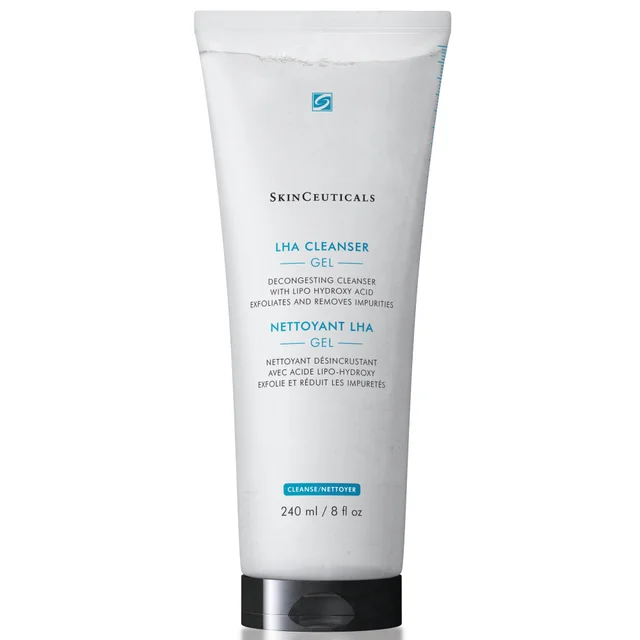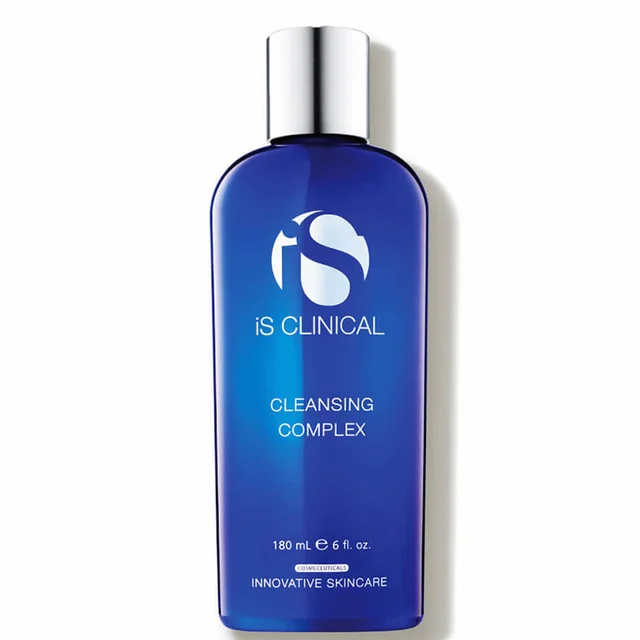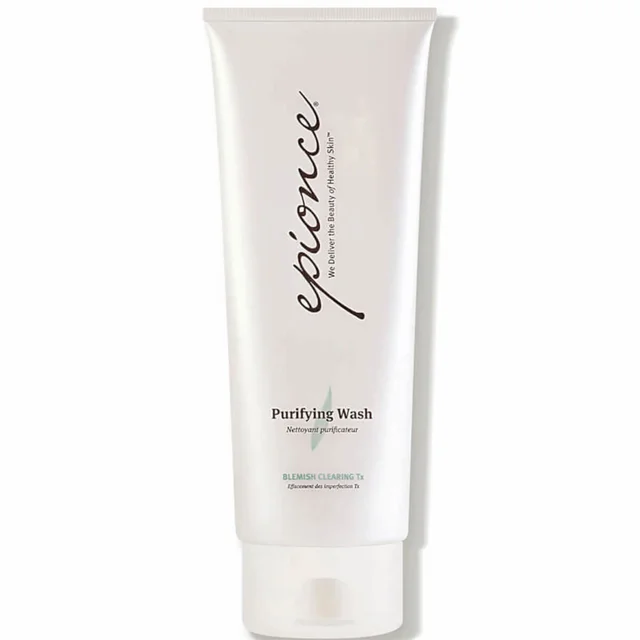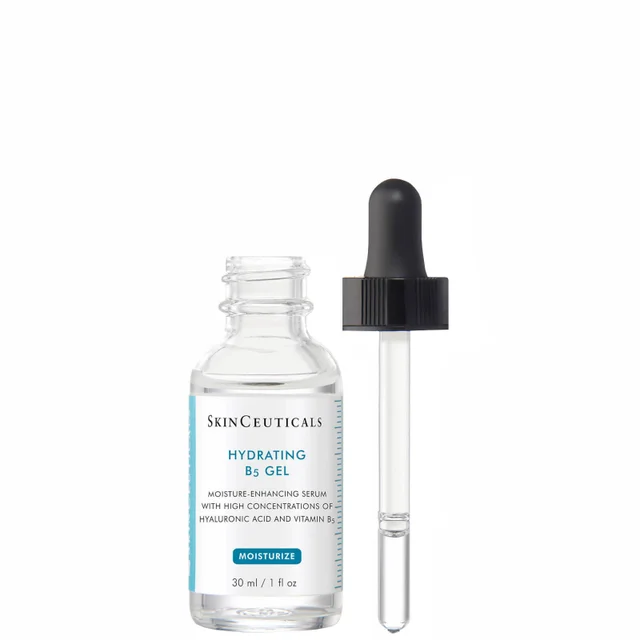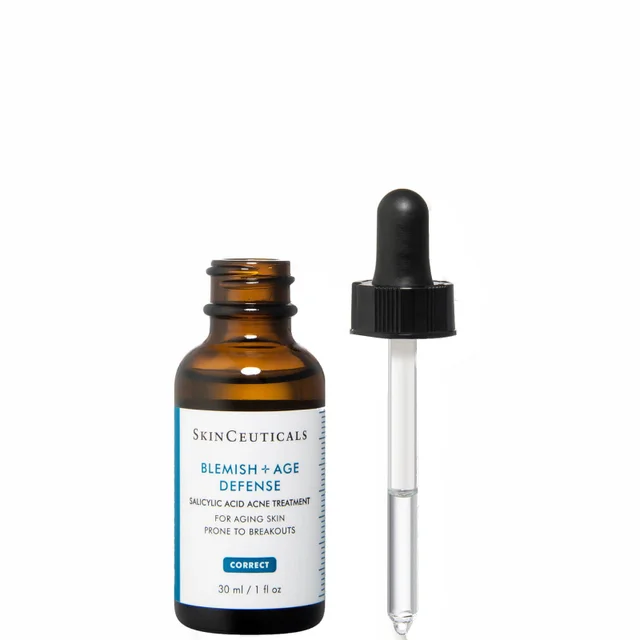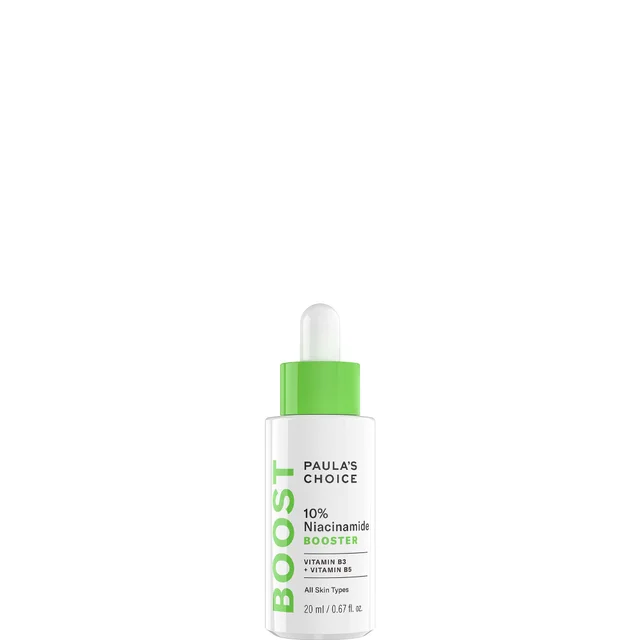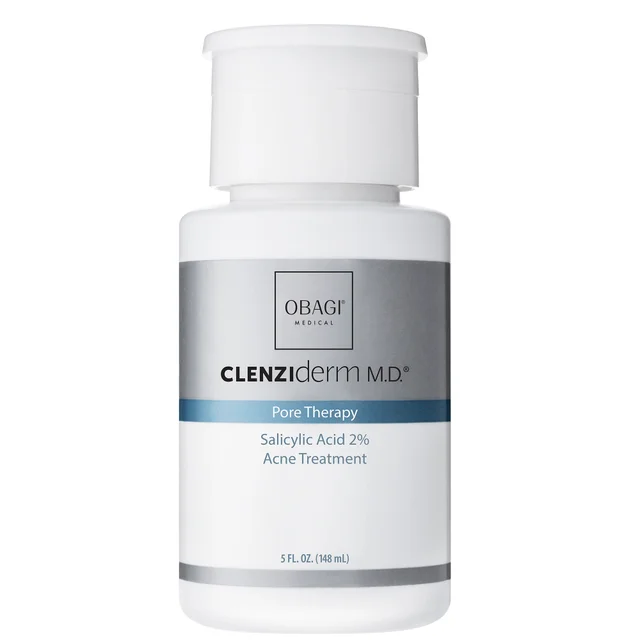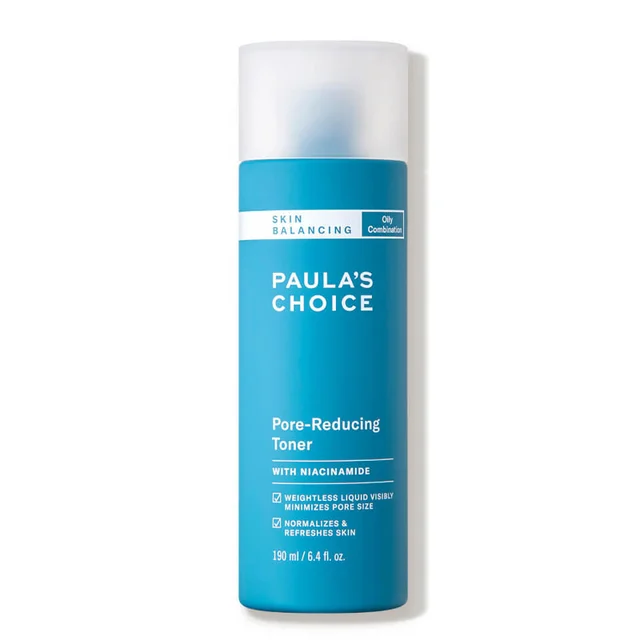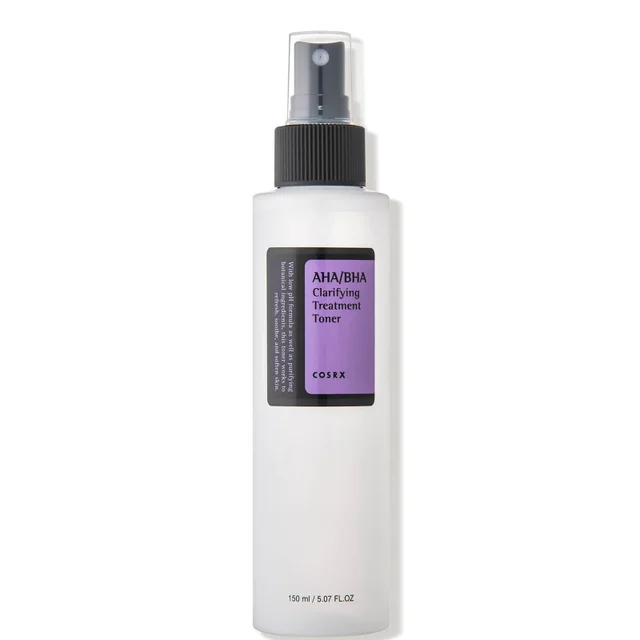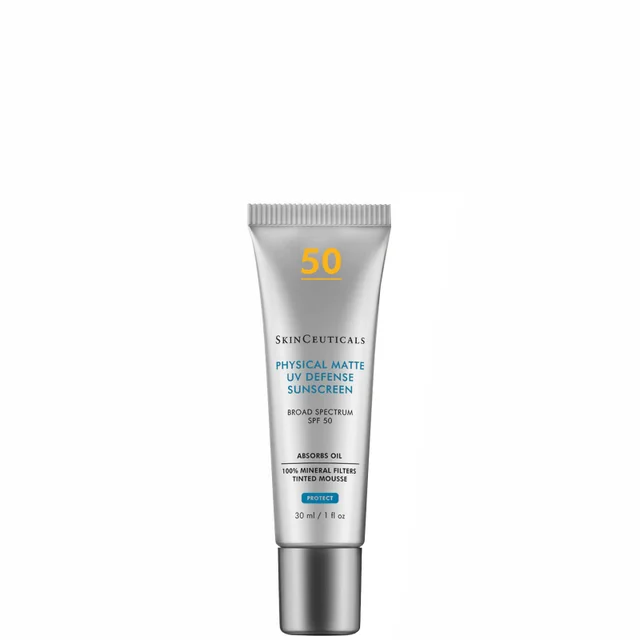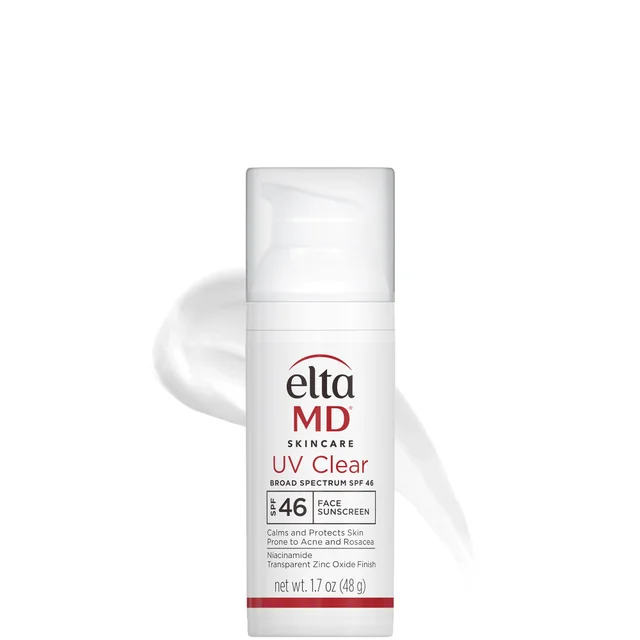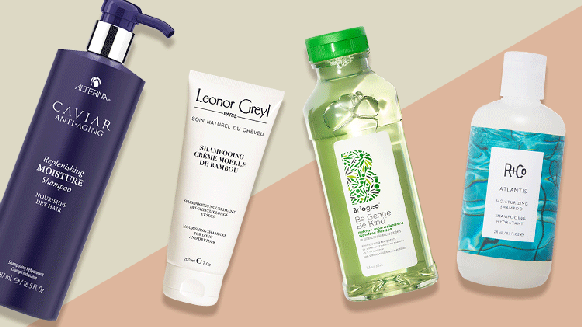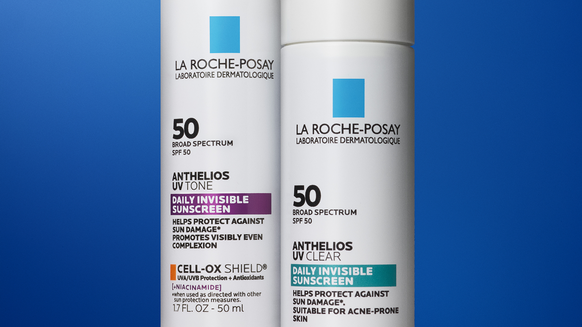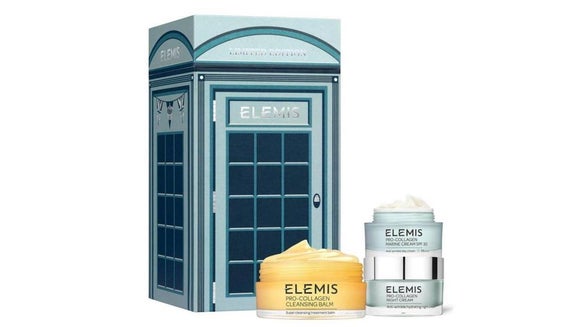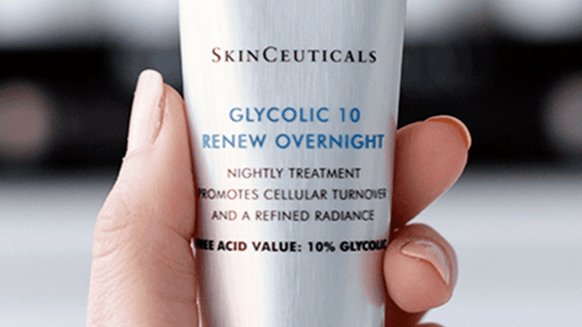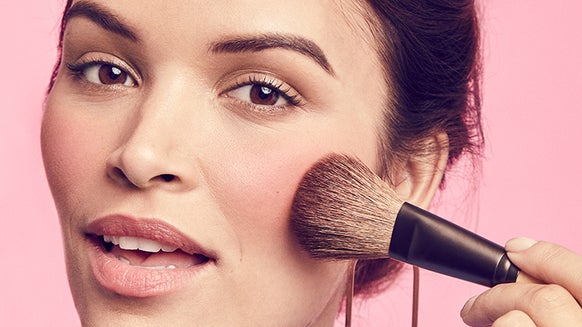The 15 Best Skincare Products for Acne-Prone Skin, Period
Acne-prone skin has a mind of its own. The causes of acne are multifactor, but this skin type is easily irritated, often inflamed and red, and quickly aggravated if the wrong skincare products are used. Chances are, you've had it happen to you—slap any old skincare product on your acne-prone skin, and it will lead to a skincare disaster and more breakouts than imaginable. That's why it's critical for acne-prone skin to use the right ingredients.
When it comes to finding the best skincare products for acne that will help clear it up and not have it do a 180, it's essential to use products formulated with common acne fighters like salicylic acid, benzoyl peroxide, retinol, and niacinamide.
Key Ingredients in Acne-Prone Skin Care
Acne-prone skin, which can affect teenagers and adults, thrives when treated with the appropriate skincare ingredients for this skin type. Some of the most commonly recommended skincare ingredients that are highly beneficial for acneic skin include:
Benzoyl peroxide: kills acne-causing bacteria Salicylic acid: a beta hydroxy acid that exfoliates dead skin cells from the pores to help unclog them Glycolic and lactic acids: under the alpha hydroxy acid category, they remove dead skin cells to help limit inflammation Sulfur: often used with salicylic acid or benzoyl peroxide to help shrink the size of a pimple. Topical retinol and retinoids: exfoliate the skin to unclog pores and prevent new breakouts Anti-inflammatory azelaic acid: has an antibacterial benefit Tea tree oil: derived from the leaves of the tea tree, which is said to work like benzoyl peroxide but at a slower rate
Each of these anti-acne skincare ingredients has its own benefits, and determining which works best for your skin may take some trial and error.
Shop the Best Skincare Products for Acne-Prone Skin
Best Cleansers for Acne
A well-rounded skincare routine for acne should include a good cleanser that delivers precisely what acne-prone skin needs. One of the best skincare products for acne is a gel or light cream cleanser that is formulated with ingredients that fight breakouts, like salicylic acid, tea tree oil, benzoyl peroxide, or niacinamide, and those that keep the skin barrier protected and the skin hydrated like ceramides, glycerin, and hyaluronic acid. Acne face washes are known for stripping away much-needed oil, leaving the skin feeling tight and dry, so pay attention to the ingredients in your cleanser to avoid this.
A good face wash for acneic skin will break down the amount of oil on the surface and exfoliate dead skin and oil buildup. It's important to wash your face with a cleanser made just for blemish-prone skin to ensure that debris and bacteria are eliminated and that the cleanser's hydration factor is just right. Use your cleanser twice daily and always follow up with a moisturizer and your regular skincare routine.
Best Moisturizers for Acne
Best Serums for Acne
Best Toners and Mists for Acne
Best Sunscreens for Acne
Sunscreen is a non-negotiable skincare staple, especially for acne-prone skin. Failure to properly protect the skin with sunscreen daily increases the risk of sunburns, sun damage, and inflammation, which can send acneic skin into overdrive.
When wearing sunscreen on acne-prone skin, it is best to look for oil-free, non-comedogenic, mineral-based, fragrance-free ones, which are less likely to clog the pores. At a minimum, reach for an SPF of at least 30, which is always preferred over lower SPF levels.
EltaMD UV Clear Broad-Spectrum SPF 46
The Bottom Line

From the latest hair and makeup trends to the best solutions for your skin issues, we've got all your beauty concerns covered!
Related Posts
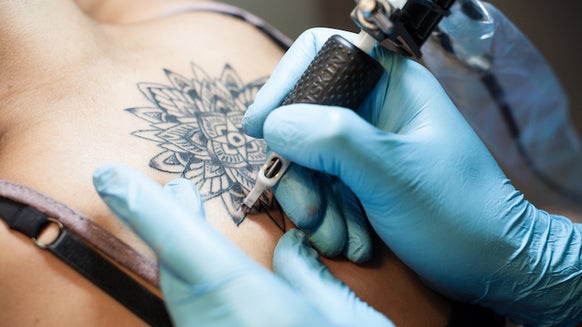
Tattoo Aftercare: Bridging the Gap Between the Dr. and the Tattoo Shop

